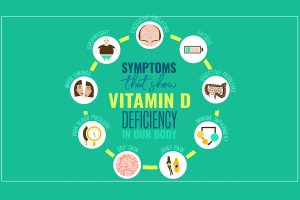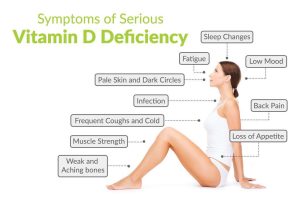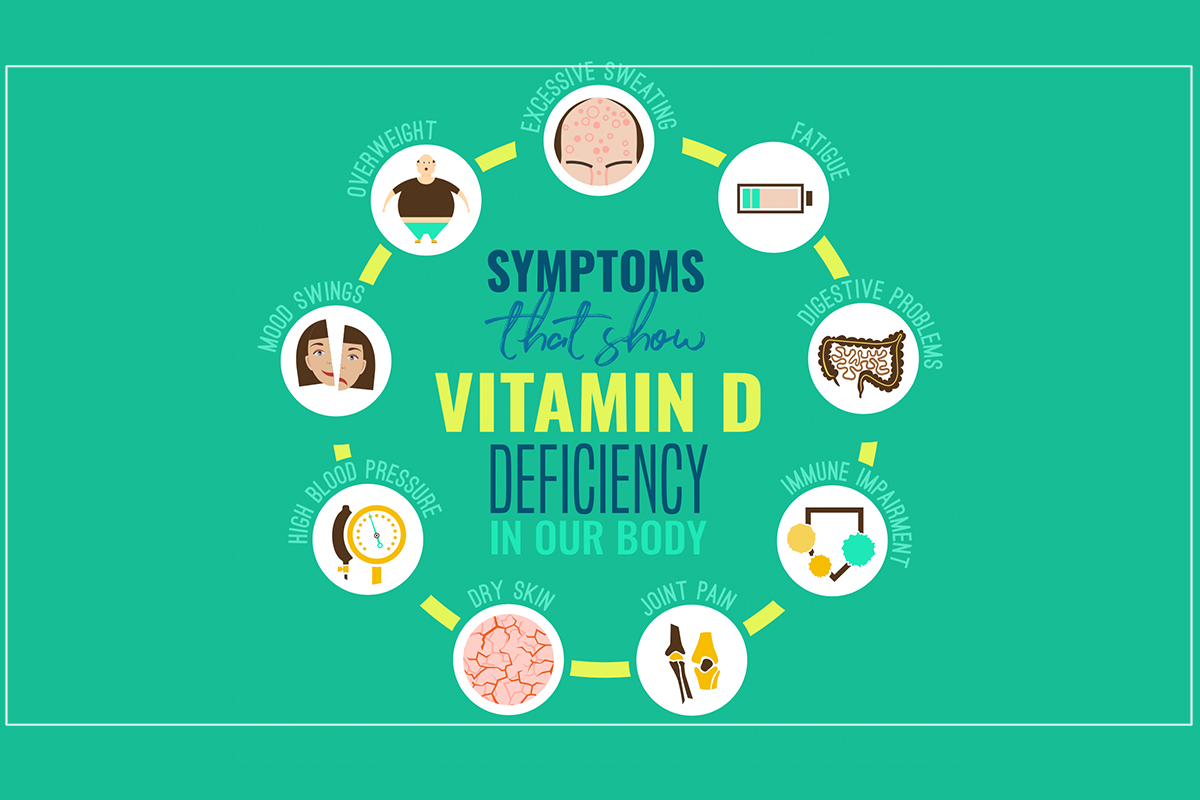Introduction
Vitamin D, often referred to as the “sunshine vitamin,” plays a pivotal role in maintaining optimal bone health. Dr. Valter Longo, a distinguished authority in nutrition and longevity research, sheds light on the critical relationship between Vitamin D and bone health. This article aims to delve into the bone-related signs that might indicate a deficiency in Vitamin D, emphasizing the significance of recognizing these signs for maintaining robust skeletal structures.
Understanding Vitamin D and Its Role in Bone Health
The Importance of Vitamin D in Bone Metabolism
Vitamin D is crucial for calcium absorption and maintaining adequate calcium levels in the bloodstream. Dr. Longo’s research highlights its role in supporting bone mineralization, growth, and remodeling processes essential for healthy bones.
Vitamin D Deficiency and Its Impact on Bone Health
Insufficient Vitamin D levels can compromise bone health, leading to conditions like osteomalacia in adults and rickets in children. Dr. Longo discusses how deficient levels of Vitamin D can impair calcium absorption, potentially weakening bones and contributing to skeletal abnormalities.

Identifying Bone-Related Signs of Vitamin D Deficiency
Bone Pain and Weakness
Persistent bone pain and muscular weakness may signal underlying Vitamin D deficiency. Dr. Longo elaborates on how insufficient Vitamin D levels can contribute to bone pain, often felt in the lower back, hips, or legs, accompanied by reduced muscle strength.
Increased Fracture Risk
Individuals with Vitamin D deficiency might be at a higher risk of fractures due to weakened bones. Dr. Longo explores how compromised bone density from inadequate Vitamin D levels can predispose individuals to fractures, even from minimal trauma.
Delayed Healing of Bone Injuries
Prolonged healing or slower recovery from bone injuries might indicate potential Vitamin D insufficiency. Dr. Longo explains the role of Vitamin D in facilitating the healing process of fractures and bone injuries.
Strategies for Addressing Vitamin D Deficiency and Promoting Bone Health
Sunlight Exposure
Adequate exposure to sunlight stimulates Vitamin D synthesis in the skin. Dr. Longo advises on sensible sun exposure practices to ensure the body’s natural production of Vitamin D while considering skin health and minimizing the risk of overexposure.
Vitamin D Supplementation
For individuals with limited sun exposure or those at risk of deficiency, Vitamin D supplementation may be necessary. Dr. Longo discusses appropriate dosages and the importance of consulting healthcare providers for tailored supplementation plans.
Dietary Intake and Nutritional Choices
Balanced dietary sources of Vitamin D, including fortified foods, fatty fish, eggs, and dairy products, contribute to overall intake. Dr. Longo emphasizes the importance of a well-rounded diet to support bone health and prevent deficiencies.
Dr. Valter Longo’s Insights and Recommendations
Dr. Longo offers insights into recognizing and addressing bone-related signs of Vitamin D deficiency. His evidence-based recommendations encompass a holistic approach, combining lifestyle modifications, supplementation guidance, and regular monitoring of Vitamin D levels for optimal bone health.

Conclusion
In conclusion, bone-related signs such as persistent bone pain, increased fracture risk, and delayed healing of bone injuries could indicate potential Vitamin D deficiency. Dr. Valter Longo’s insights underscore the critical importance of recognizing these signs to ensure robust bone health.
By understanding the bone-related manifestations of Vitamin D deficiency, individuals can take proactive steps to optimize their Vitamin D levels. This proactive approach may help in preserving bone strength, preventing bone-related issues, and promoting overall skeletal health.




